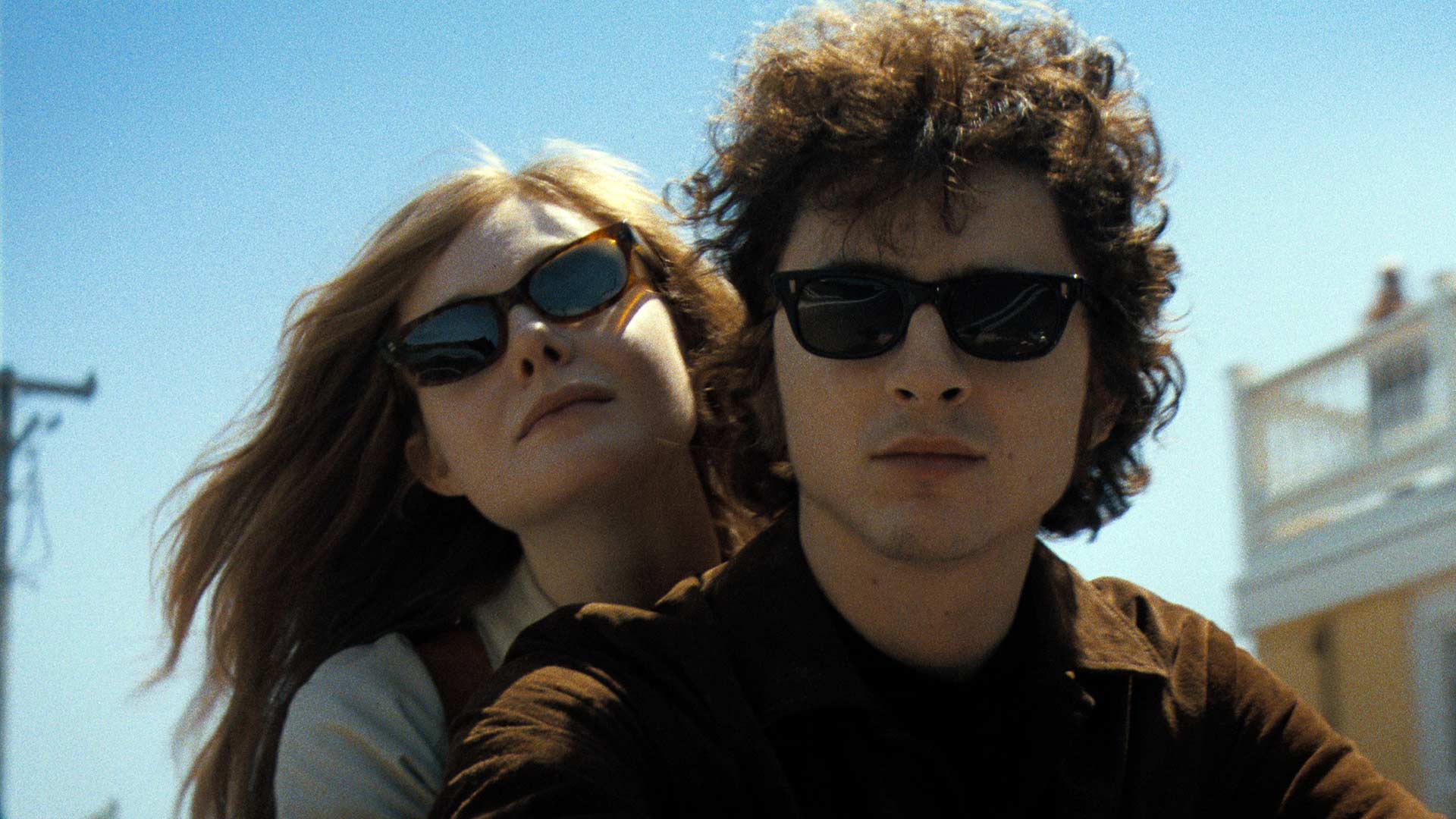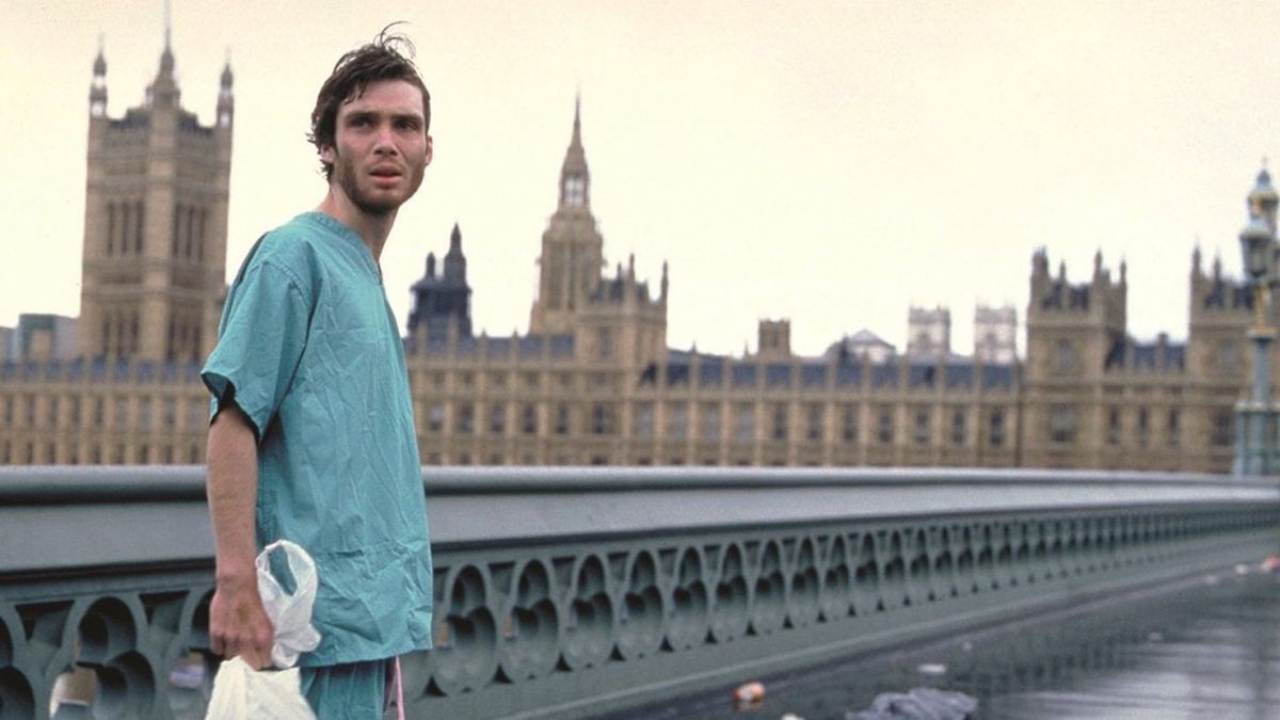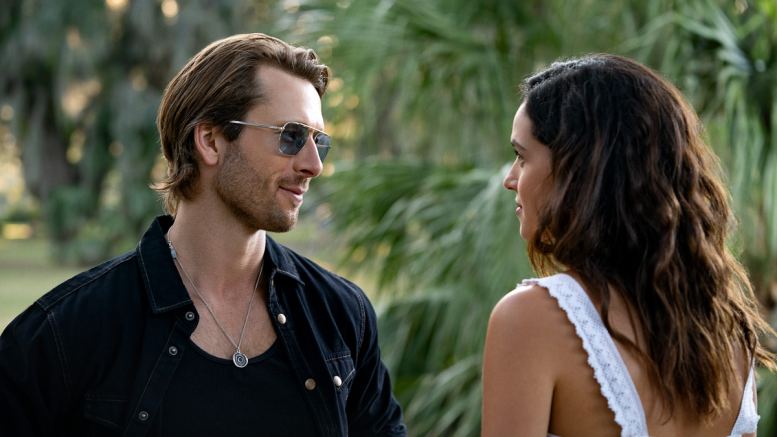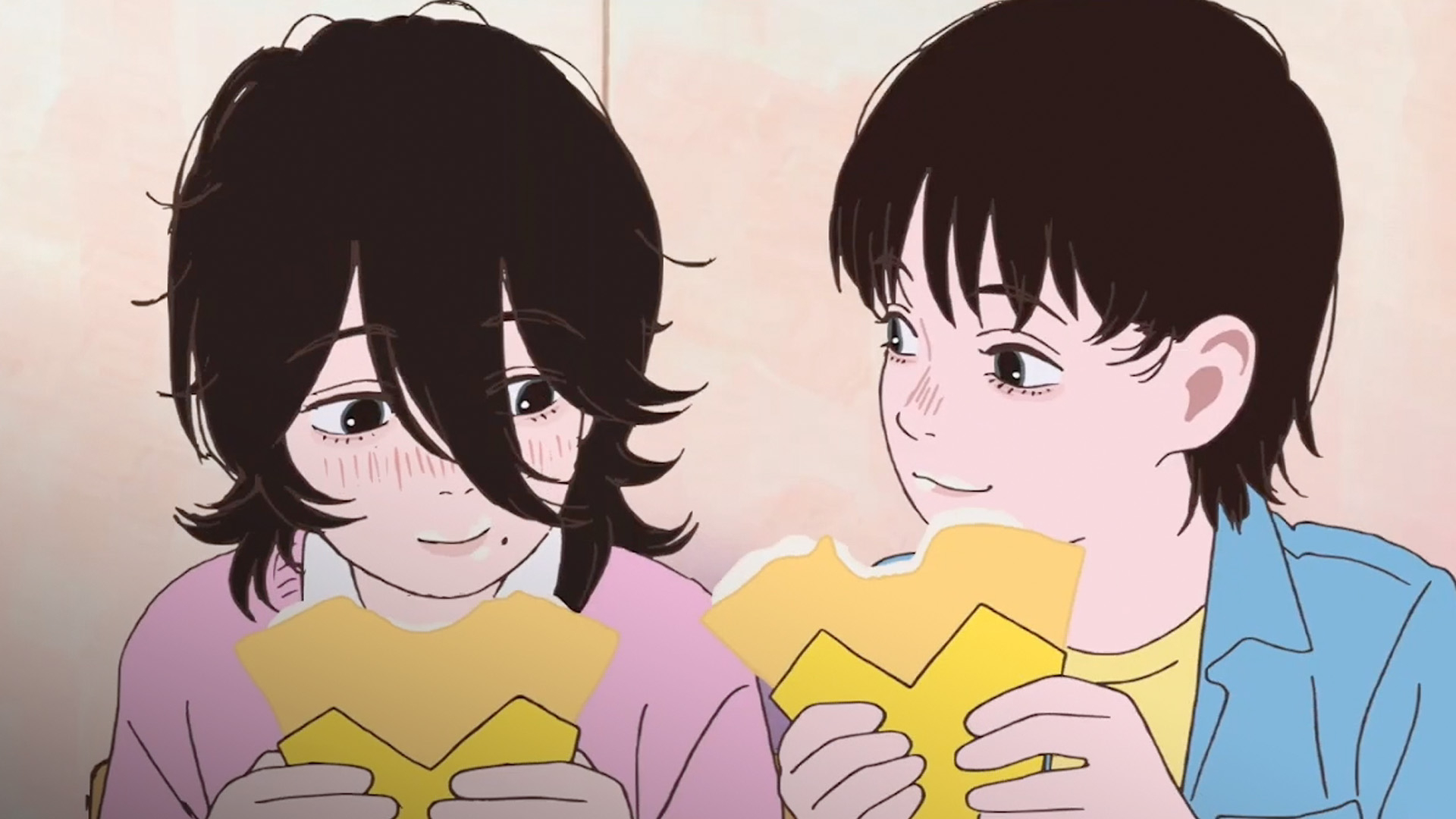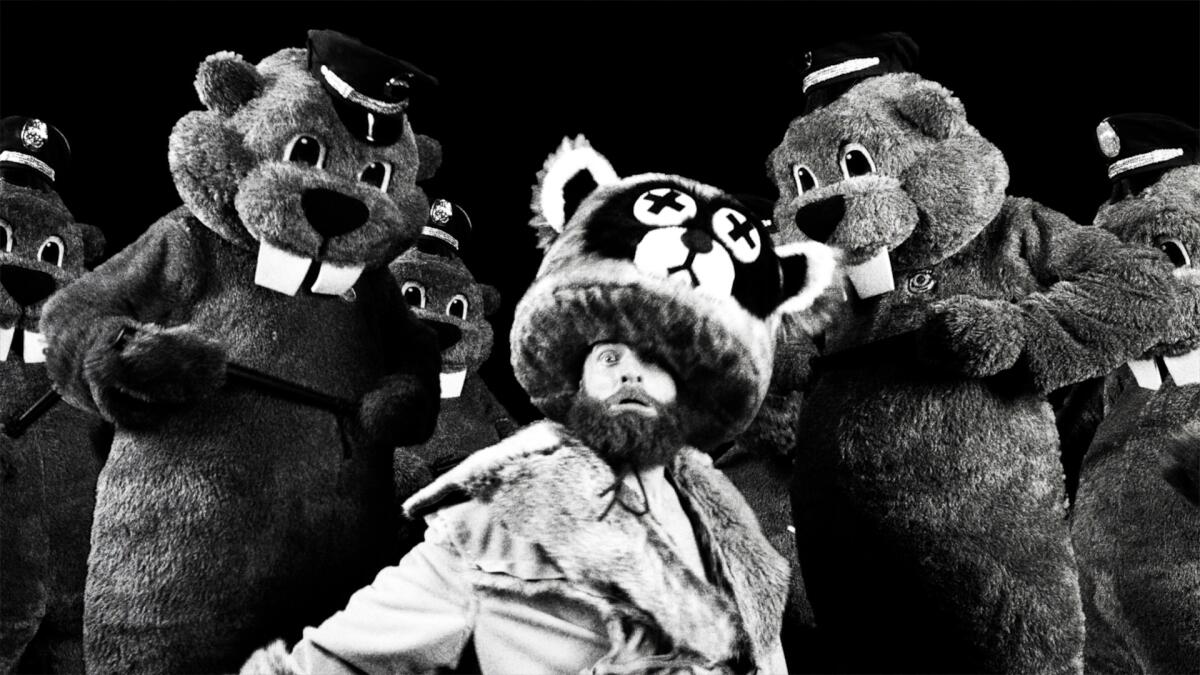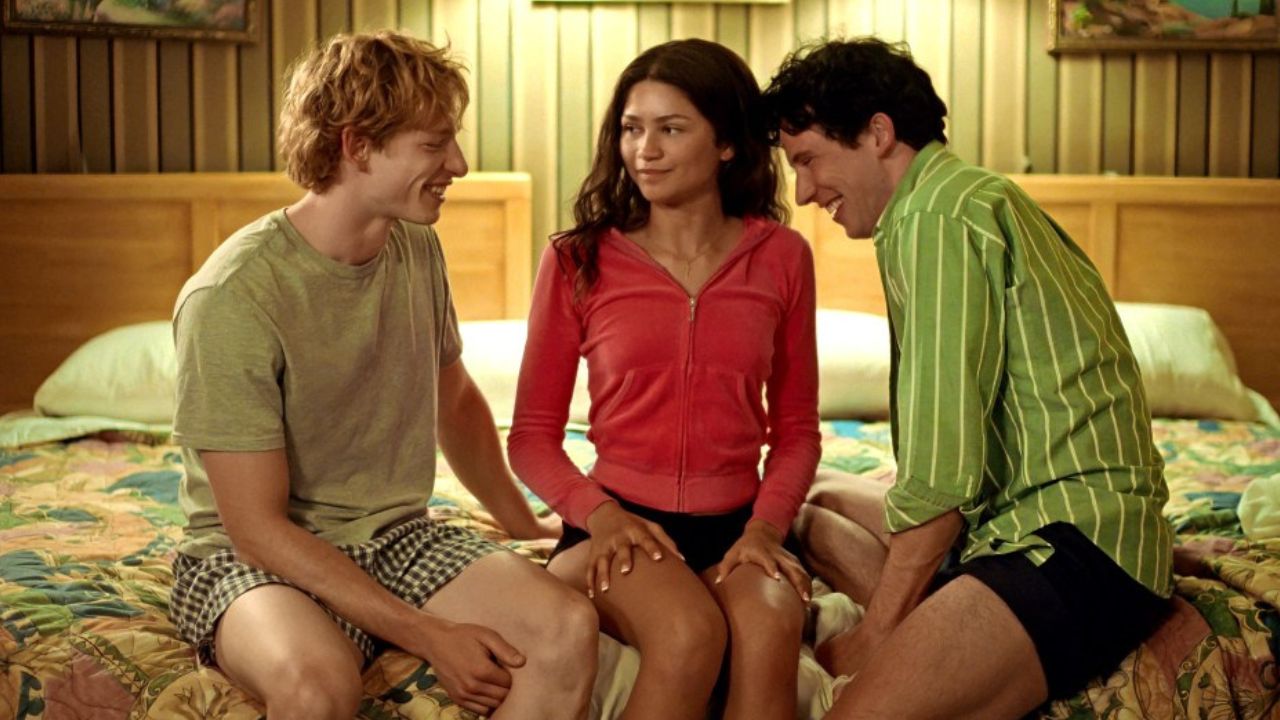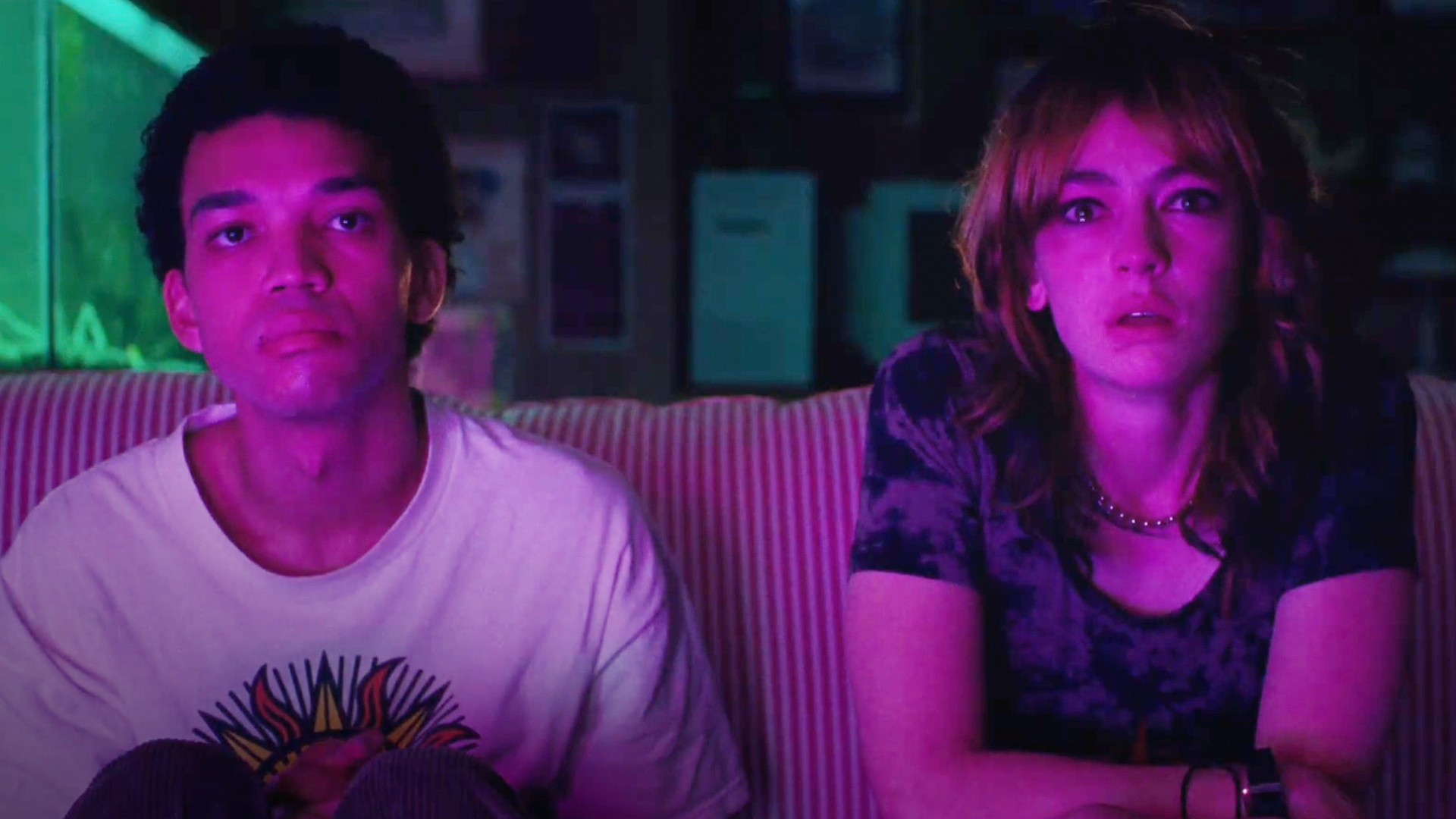In last week's review of Better Man (shout-out all the new readers, hope some of ya'll stuck around), I talked about the unusual approach of being a music biopic willing to criticize it's subject, looking past a traditional "rise, fall, and comeback" narrative to more seriously debate the motivations of the artist. A Complete Unknown, James Mangold's Bob Dylan biopic, takes a shockingly similar stance, willing to showcase the rise of Dylan with warts and all as it discusses the man vs the music and the idea of creating art for one's self vs creating art for a supposed "greater good". It makes for interesting viewing, something a tad more thought provoking than the usual fare from this genre,
A Complete Unknown, obviously, refers to Dylan himself (Timothee Chalamet), an aloof, brilliant musician who arrives from parts unknown, initially in hopes of meeting Woody Guthrie (Scoot McNairy) before pursuing a career in folk music. Chalamet is great as Dylan, playing his often detached, sardonic eccentricity as both charming and off-putting. Dylan is an engima, a walking mystery that multiple people attempt to either solve or at least point in the right direction only to largely fall short. "I barely know you," bemoans Sylvie (Elle Fanning), his put-upon girlfriend as he continues to refuse to open up to her. Despite this, Dylan is still a clear person, a talented artist who refuses to conform to the ideologies or opinions of others, and for better or worse, he's damn good at what he does.
An enigmatic protagonist gives the supporting cast time to shine, and there isn't a single weak performer of the bunch. Pete Seeger (Edward Norton) and Joan Baez (Monica Barbaro) represent the ideological idea of folk music, songs about humans struggle and standing together against the powerful, while Sylvie is the human side, a chance for Dylan to be vulnerable and bare his emotions, even if his emotions aren't always good for everyone. Norton is, unsurprisingly, very strong, playing Seeger with a gentle charm and mentorly affection, a desire to fight for what's right even if the rest of the world begins to pass him by, and his interactions with Dylan, which go from an attempt to nurture the next generation only to cling to it as his own movement fades into history, carry an air of bittersweetness. Barbaro is fiery and headstrong as Baez, a well-deserved Oscar nominee as the lover/musical partner of Dylan who represents a more kindred spirit than the stable Sylvie. This love triangle (of sorts) makes up much of the film's conflict, as Dylan bounces between the normalcy of Sylvie and the artistry of Baez, somehow managing to lose both as he forges a path for himself, with Dylan and Baez's performance of "It Ain't Me" in front of an increasingly heartbroken Sylvie serving as the standout scene of the film. (And the year, if I'm being honest.)
I would also be foolish not to mention the delightful Boyd Holbrook as Johnny Cash, perpetual shit-stirrer with demons of his own, that basically steals every scene he's in and left me with a deep desire to rewatch Mangold's similarly great Walk the Line.
James Mangold, one of the few remaining mid-budget journeymen out there in Hollywood, very wisely frames the film as one about a person at the exact right time of a crucial point in history. Dylan's rise is framed through the Cuban Missile Crisis (handled in another excellent sequence of Joan trying to find Dylan amidst a chaotic, terrified New York populace), the Civil Rights movement, and the Kennedy Assassination, with the film's other conflict being the role Dylan wants to play in history. "Two hundred people in that room, and each wants me to be something else," he laments about a waiting crowd. "They should just let me be." The American folk movements of the 30s, heralded by legends like Guthrie and Seeger, is fading, the realization that their moment in the sun may be over unless they can find new heirs in the form of Baez and Dylan, but while Baez happily carries the banner, Dylan struggles with the idea of it, both as a means of keeping with tradition and a discomfort at the idea of being the face of a movement.
The film's strongest choice is leaving whether Dylan's ultimate choice, to eschew the movement by literally and figuratively leaving it behind by going electric for a final festival performance before riding off into the sunset, is the right one up to the viewer. There's an undeniable feeling of sadness, that Dylan is leaving a movement that needs his star power, but also one of liberation, of Dylan recognizing that he needs to be his own man and, in a way, stand for something, fighting for his right as an artist to make the art he wants to make. The loss of both Sylvie and Joan, in a way, represents the understanding that one cannot dance between two lines. Eventually, you gotta pick one, and whether Bob made the right decision is up to you.

